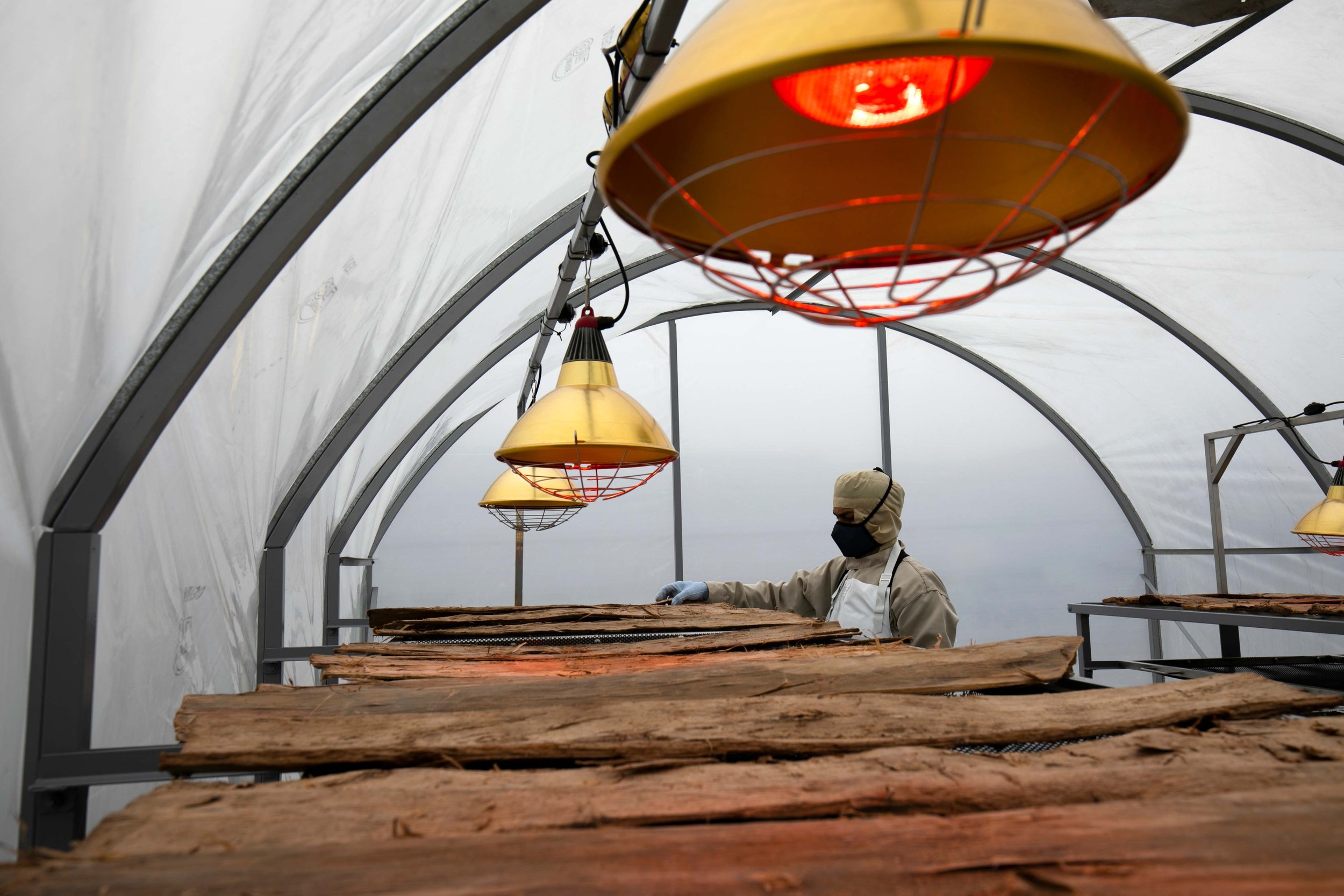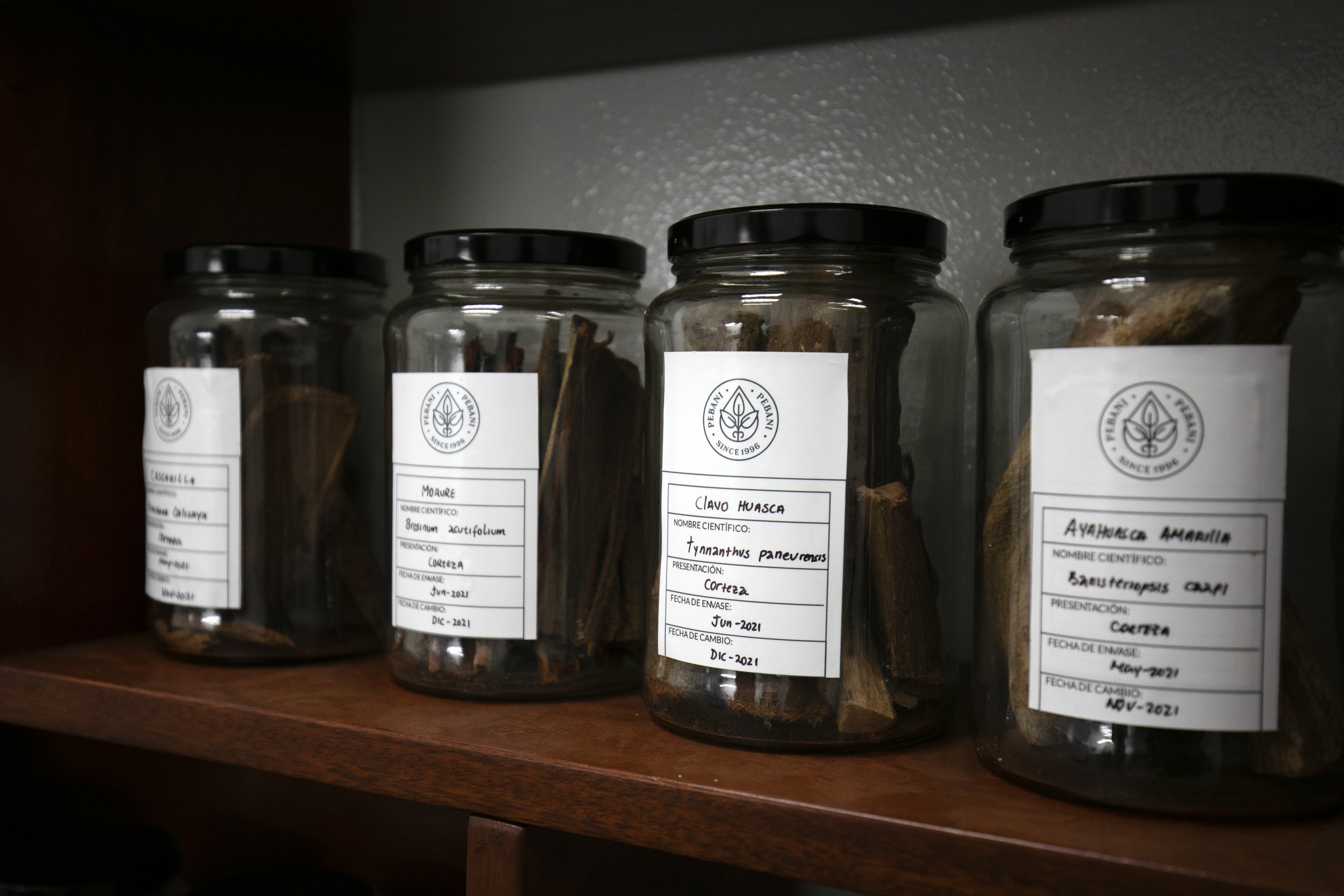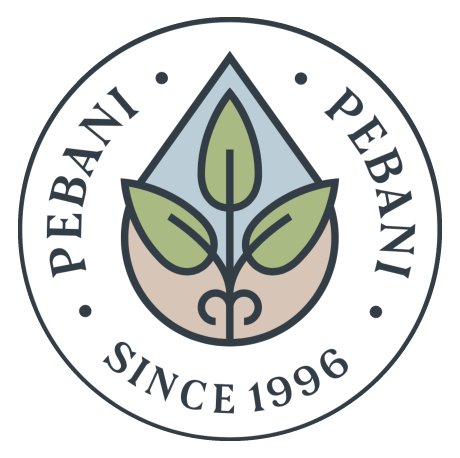Pebani has 21 years of experience working with smallholder farmers and native communities in the Peruvian rainforest to sustainably source and process over 140 species of plants, bringing to the market a wide variety of nature-based products recognized for their high nutritional and medicinal values.
Led by an experienced management team, Pebani has established a strong presence in global sustainable markets, exporting to clients in the USA, Europe as well as Asia.
NESsT’s loan will help Pebani to purchase machinery and equipment and invest in marketing and commercial development, ultimately amplifying their presence in new markets. This loan will also help Pebani to obtain additional Fair Trade and Organic certifications, which will strengthen their international brand awareness in commercial events and global fairs.
Pebani sources raw products from 15 native communities following fair-trade policies. By working with Pebani, these farmers are able to access between 20% and 50% more in income compared to what they would receive from local markets. In addition, they receive training from Pebani on forest farming techniques that increase their production capacity while conserving the forest.
Pebani has many certifications for its sustainable harvesting of biodiversity-based products such as the “Biocomercio” (Bio-Trade) certification. Its processing plant in Lima has received HACCP (Hazard Analysis and Critical Control Points) which guarantees the safety and quality of its products.
One of Pebani’s most known products is cat’s claw, a large, woody vine that derives its name from hook-like thorns that grow along the vine and resemble the claw of a cat. Cat’s claw has been used to treat diseases such as arthritis, stomach ulcers, inflammation and fevers. Other products that Pebani produces include medicinal plants (tahuari, graviola, chanca piedra, turmeric), superfoods (maca, camu, mesquite, yacon, purple corn, lucuma), and natural oils and latex (ungurahui, aguaje, avocado, sacha inchi, dragon blood, copaiba, and palo santo).
“We’re thrilled to be working with César Barriga and the rest of the Pebani team. The Lirio Fund stands firmly behind Pebani’s ongoing commitment to Peru’s Indigenous communities, improving their livelihoods while connecting the world with sustainably-sourced forest products.”
As a member of the NESsT Portfolio, Pebani will access business mentorship and technical training to support its international growth strategies. By offering flexible terms, NESsT’s loan provides Pebani the resources it needs to grow and sustain its strong socio-environmental impact. NESsT technical assistance around financial administration and management will also help Pebani to meet higher demands and increase their customer base.









